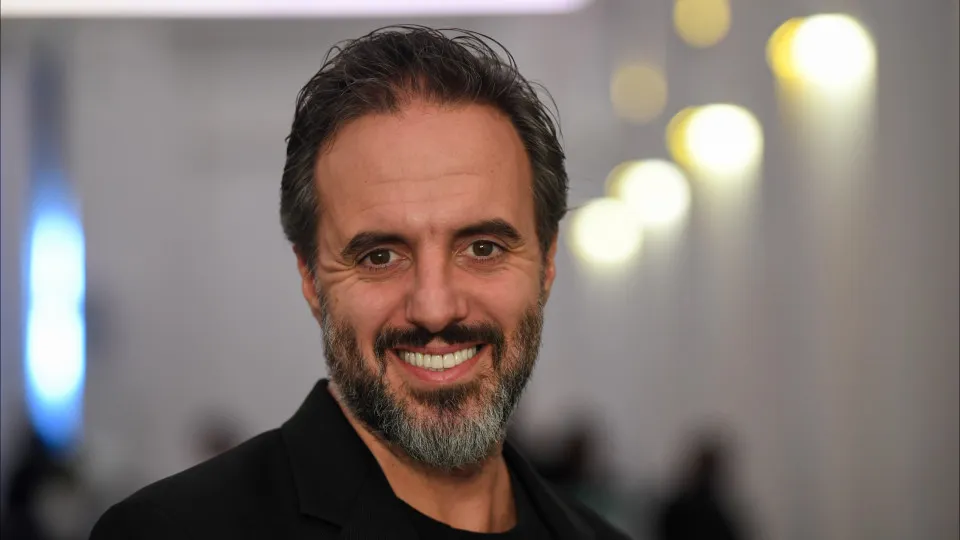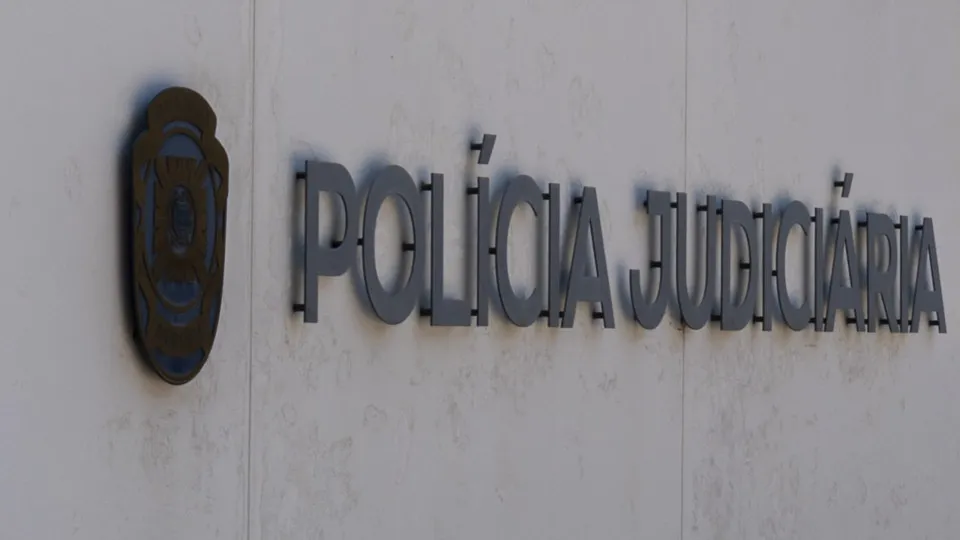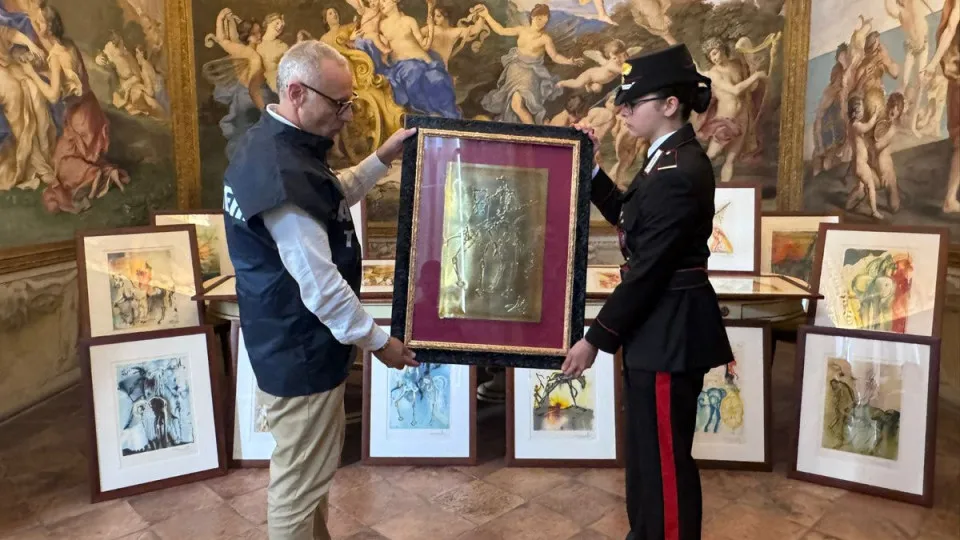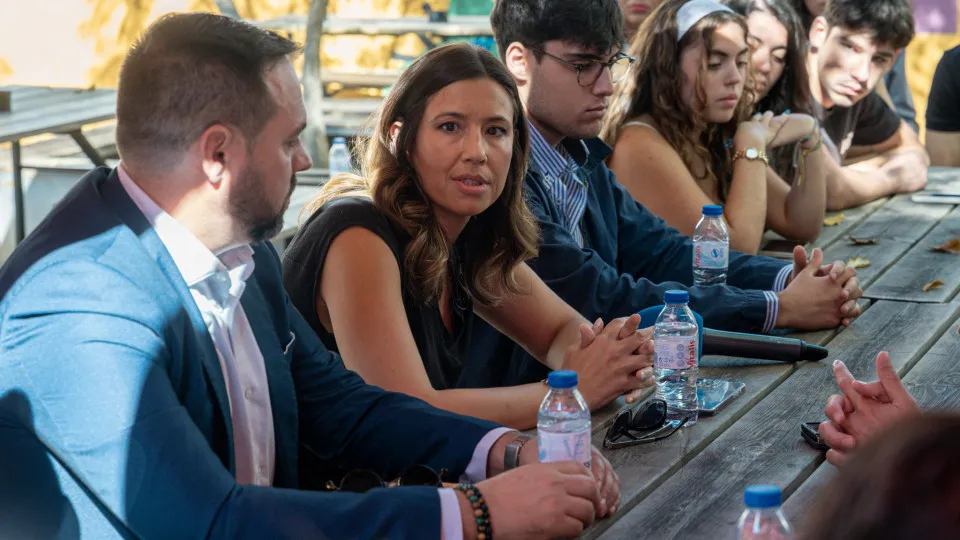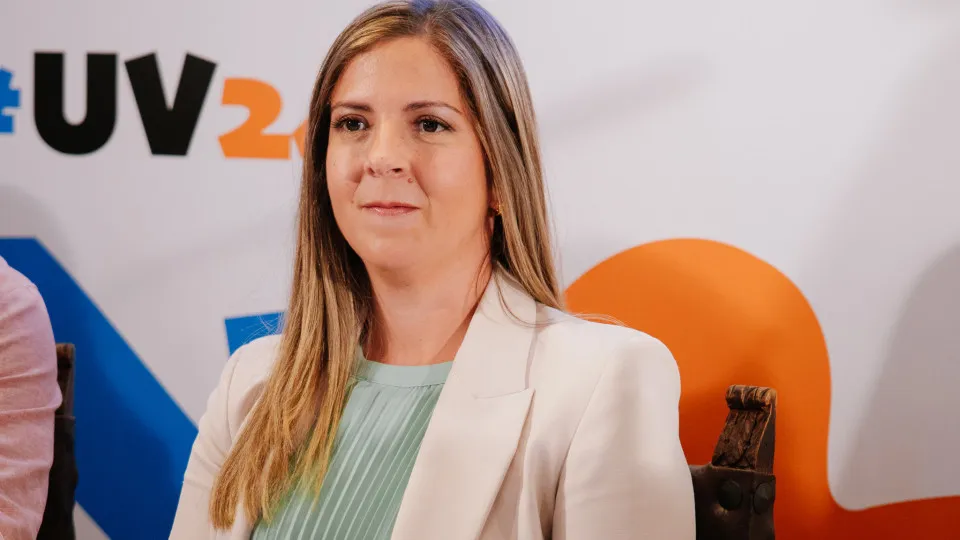
Margarida Balseiro Lopes spoke in Barcelona, Spain, where she is attending the UNESCO MONDIACULT 2025 conference on cultural policies, organized by the United Nations agency for Education and Culture.
Described as the “most important global forum in the area of culture and sustainable development,” Portugal, placing a priority on culture, is represented at MONDIACULT by the head of the Ministry of Culture, emphasized Margarida Balseiro Lopes.
MONDIACULT, the largest international conference on cultural policies, is taking place in Barcelona until Wednesday. This event marks the third time in UNESCO’s history, following editions in 1982 and 2022, both held in Mexico.
Attending the MONDIACULT 2025 are Culture Ministers from 120 countries and delegations from 160 of UNESCO’s 193 member states. Notable absences include the United States, which withdrew from UNESCO and other UN agencies this year, and Israel.
The conference aims to reaffirm culture’s role as a driver of economic development, peace, international dialogue, and cooperation, and strives for culture to gain a specific objective in the post-2030 UN sustainable development agenda.
Margarida Balseiro Lopes mentioned that during this UNESCO meeting and a prior meeting of 22 Culture Ministers from the Ibero-American community, held on Sunday, also in Barcelona, a commitment was made to prioritize culture and integrate it into the global development agenda post-2030.
“Culture must have an SDG” and “must be a priority,” she stated, explaining that among other aspects, this would allow for indicators and simultaneously provide funding.
“Priorities are also demonstrated once we observe and see that, financially, the rhetoric matches the investments made,” she added.
Margarida Balseiro Lopes noted that this is an “important forum for aligning globally implementable policies,” emphasizing the value of cooperation among countries, which is essential in certain areas.
“Some matters cannot be addressed in isolation by any country,” highlighted the Minister, citing digital transition and the technological impact on the sector, or challenges posed by artificial intelligence (AI) as examples.
The Portuguese Minister participated on Monday in a thematic session specifically on “digital transition and artificial intelligence,” highlighting that despite the need for regulation and the negative impacts on the cultural sector—such as the threat to fair compensation for cultural content creators—there are “beneficial uses of artificial intelligence that can be deepened in the context of multilateralism and international cooperation.”
“If we play our part well, [AI] will assuredly provide more benefits, ensuring that culture is indeed a universal right, meaning it truly reaches everyone,” she stated.

